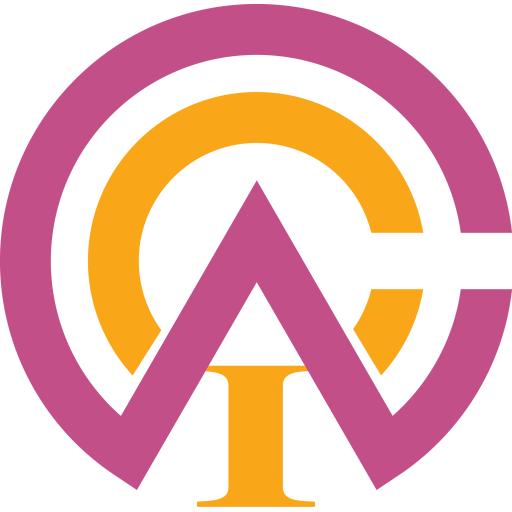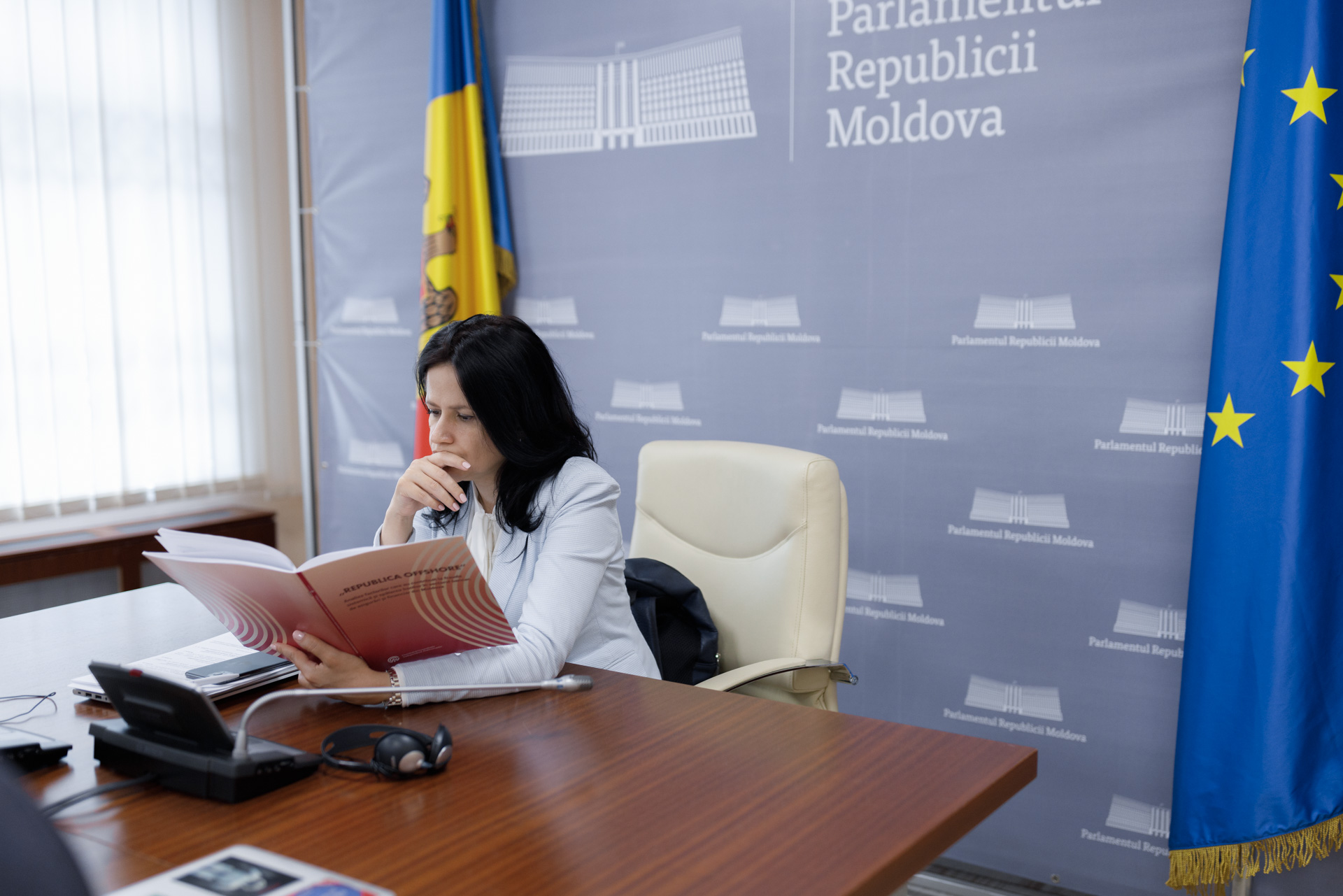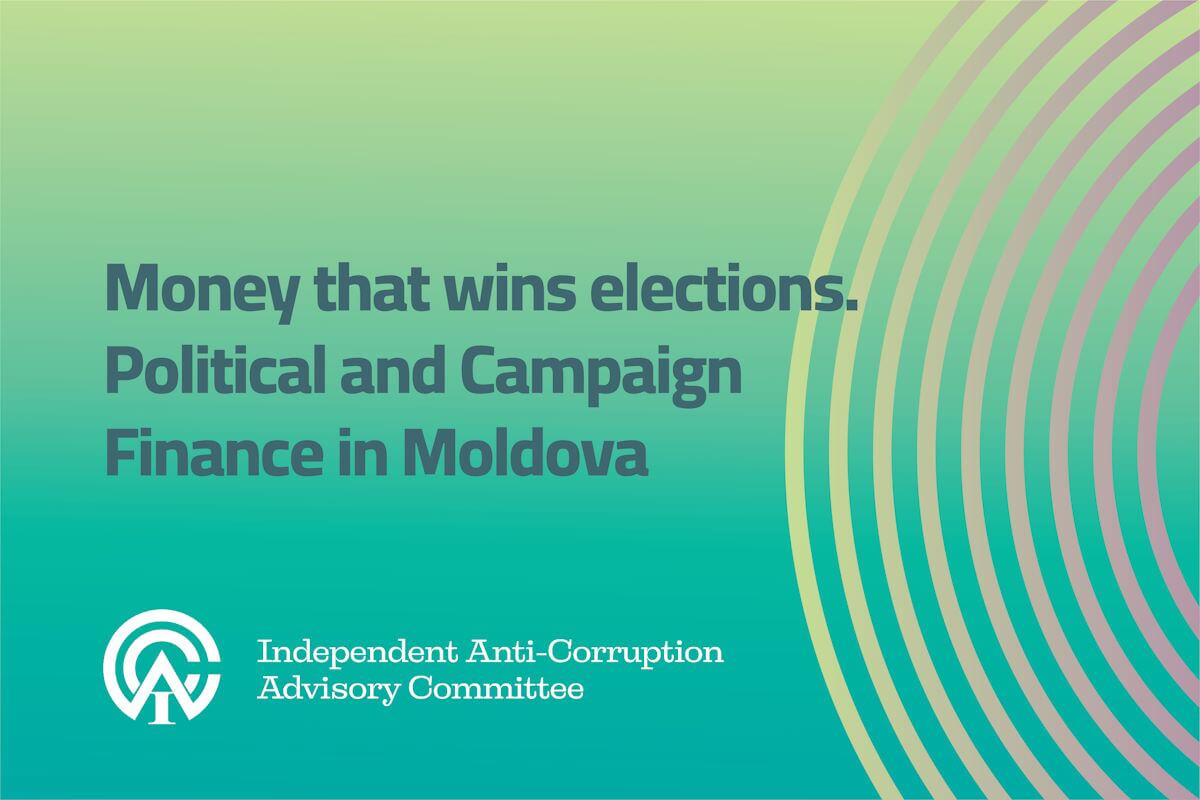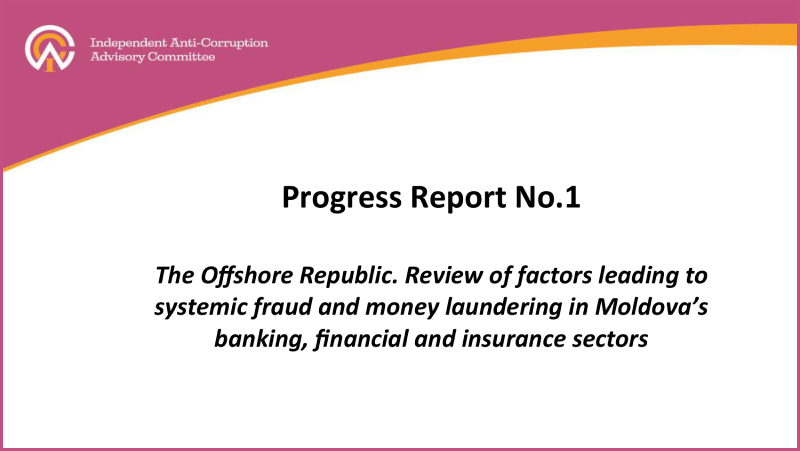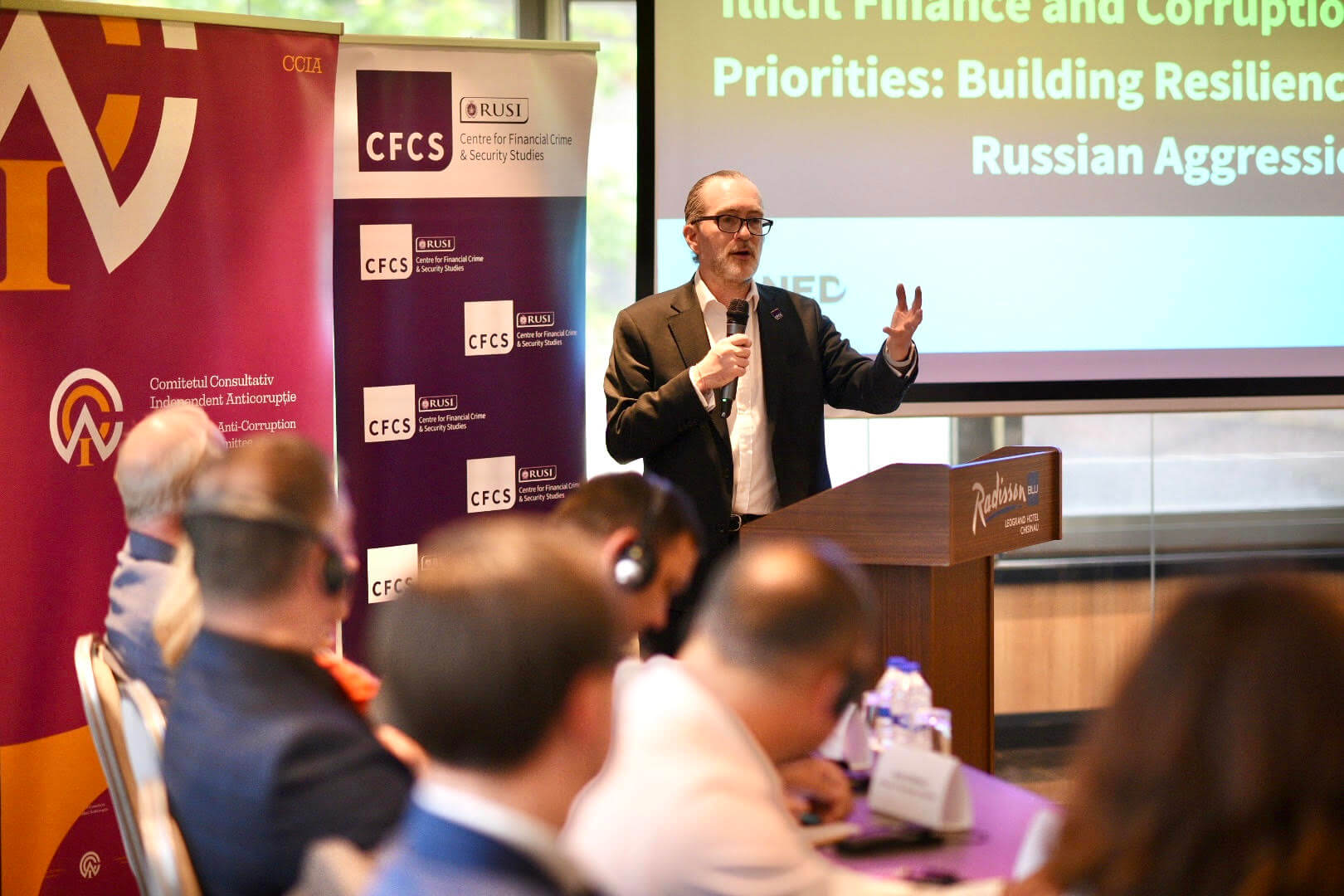On 13th of July 2022, the members of the Independent Anti-Corruption Advisory Committee (CCIA) had a meeting with Members of the Parliament, including Olesea Stamate, Chairperson of the Legal Commission, Appointments and Immunities of the Parliament of the Republic of Moldova, Dumitru Alaiba, Chairperson of Commission on Economy, Budget and Finance, and Radu Marian, deputy chairperson of the same Commission.
CCIA’s co-chairs James Wasserstrom and Tamara Razin, together with the Director of the Secretariat, Ion Guzun and the Secretariat’s lawyer Dumitrița Bologan, presented the conclusions and recommendations of the report “The Offshore Republic”: Review of factors leading to systemic fraud and money laundering in Moldova’s banking, financial and insurance sectors.
During the meeting were described key events that explain the fraudulent schemes, that emerged more than 20 years ago and led to the laundering of tens of billions of dollars through the banking system, which facilitated several illicit activities with the participation of state institutions, known generally as “the banking fraud”.
Closing remarks revolved around CCIA’s short-term and long-term recommendations aimed at strengthening institutional capacity, increasing transparency, improving oversight mechanisms in the financial, banking, and insurance sectors and amendments to the legislation. The report is available in English here and in Romanian here.
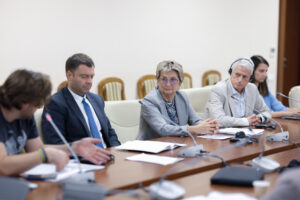
The legislators highly appreciated the report, asserting that a genuine anti-corruption administration must bring clarity to citizens, recover the money, and improve the legislative framework. Furthermore, the deputies showed interest in the CCIA’s assessment on the level of implementation of recommendations mentioned in the report by the relevant institutions, which shall be made public by the Committee over the year.

The CCIA was established in June 2021 by Presidential Decree and has three international and three local experts. The main objective of the Committee is to analyze systemic issues of corruption that cut across Moldovan institutions, in the expectation that ways and means to improve anti-corruption efforts will be identified and implemented by the relevant parties. The Committee will collect information from a broad range of sources which, to the best of its knowledge, judgment and experience it deems reliable. Once gathered, the facts will be analyzed, and the analysis will be used as the basis for recommendations. The Committee will then publish its findings and recommendations; the latter will include which authority is responsible for implementation, together with a realistic timeline. The CCIA assumes responsibility for follow up with regular periodicity on its recommendations with the implementing bodies, to see what progress has been made. It will again make public its findings related thereto, until the recommendations have been implemented satisfactorily or, if not, it will make public the reasons given by the target implementation body, with a CCIA opinion as to the reasons given. This will be an iterative process of indefinite length.
Currently, the CCIA is financed by the Delegation of the European Union to the Republic of Moldova and the U.S Department of State Bureau of International Narcotics and Law Enforcement Affairs.
